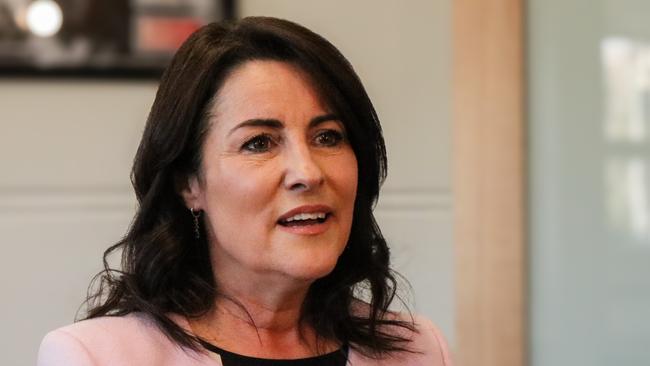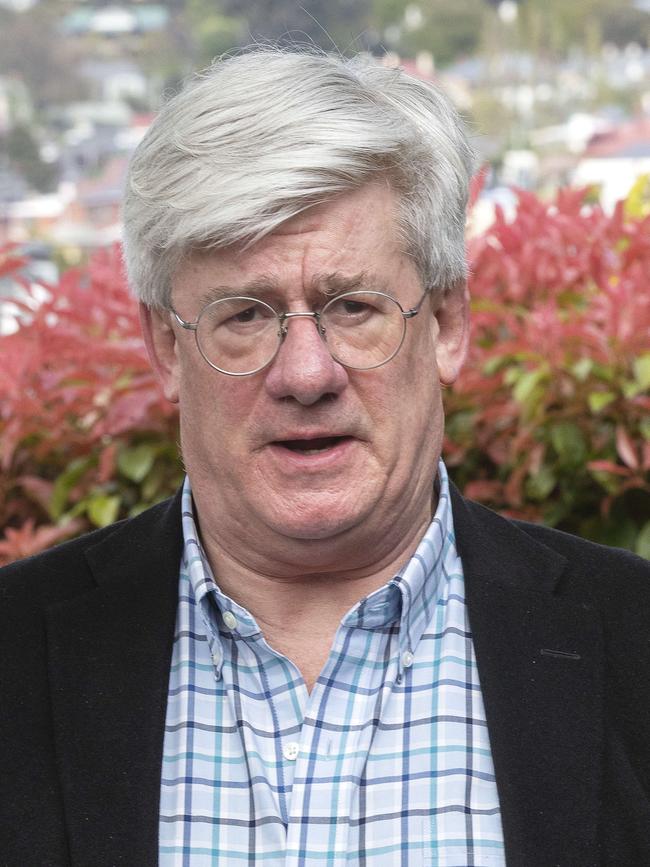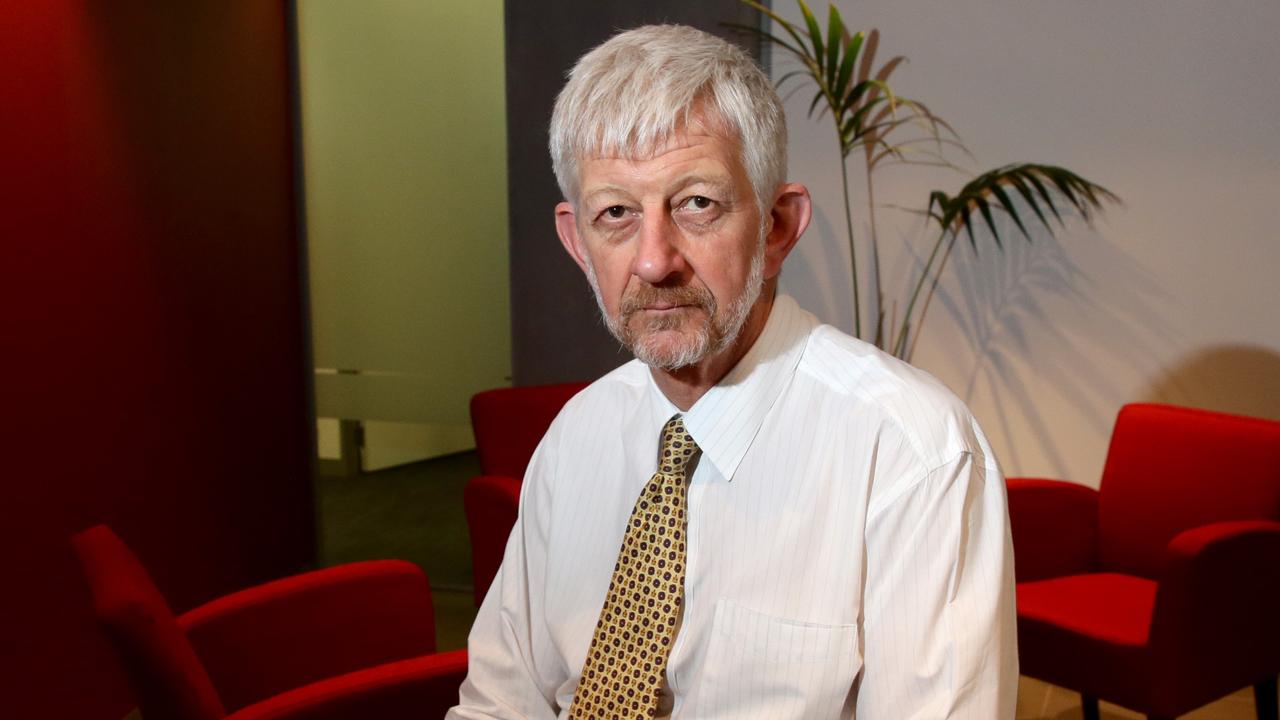Tasmania, the ‘drop out state’, promises more phonics, as NAPLAN failure fuels reform calls
Tasmania has vowed to use phonics to teach all children by 2026, after trailing national averages in NAPLAN numeracy, writing and reading results, amid demands for ‘root and branch’ reform.

Tasmania has vowed to use phonics to teach all children by 2026, after trailing national averages in NAPLAN numeracy, writing and reading results, amid demands for “root and branch” reform.
Labelled “the drop-out state” for its low year 12 attainment, Tasmania again performed badly in this week’s NAPLAN results, trailing the national average in numeracy, writing and reading across all year groups.
“If Tasmania wasn’t at the bottom of everything, (it was) in the bottom three in everything,” independent economist Saul Eslake told The Australian.
“This just underscores the need for root and branch reform of Tasmania’s school education system.”
Education Minister Jo Palmer defended the state’s performance but held out the promise of improvement from a rollout of “structured literacy” including phonics.
This would reach 25 per cent of all government primary schools in 2024. “By 2026, all students across all school years will be taught to read in a structured, systematic, and explicit way, within a framework that ensures every student gets appropriate additional literacy support when they need it,” Ms Palmer said.
“Schools are being supported to make transformational change to the way children are taught to read through professional learning sessions, resources and collaboration with educational experts and sectors.”
Under pressure to lift the state’s educational outcomes, the Liberal state government has promised to review the school system, which still sees some high schools end at year 10, forcing children to attend separate years 11 and 12 colleges.
There are fears the review will be not be independent, broad or resourced enough to deliver the reform needed and tackle vested interests identified as barriers to change.

Mr Eslake and others claim the Education Department, the education faculty at the University of Tasmania and the Australian Education Union are “blockers” of reform, claims rejected by the organisations.
Those advocating change want abolition of colleges in favour of all high schools going to year 12, a faster and better supported shift to structured literacy, a lower school starting age and more intervention to help struggling students catch up before they progress a grade.
Labor Opposition Leader Dean Winter called on the government to “get moving” with its inquiry, which appears yet to start but is due to report by year’s end, and reverse plans to cut $75m from education.
“Tasmanian students continue to be let down by the state government, with results below the national average across all areas. Young Tasmanians are not getting the opportunities they deserve to excel in learning and life,” he said. “After 10 years in government, the Liberals need to accept responsibility for these outcomes.”






To join the conversation, please log in. Don't have an account? Register
Join the conversation, you are commenting as Logout